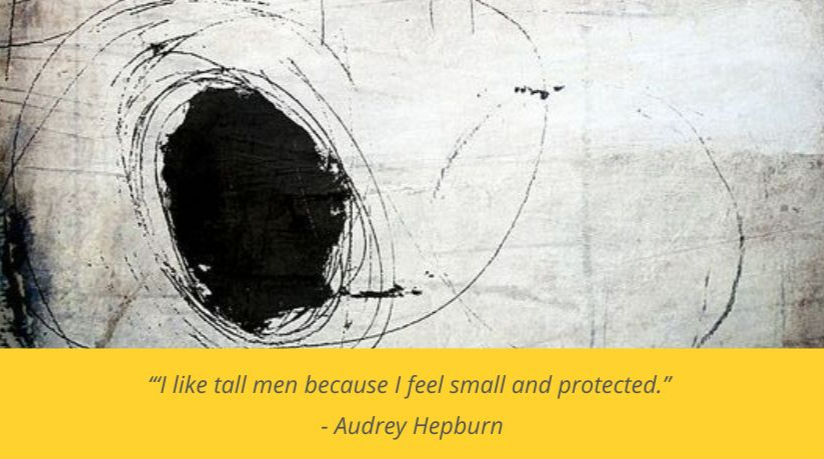mountain men
- Ekta Kumar
- Jul 22, 2025
- 2 min read
It is easy to fall in love with a mountain. The mighty earth folds into the sky and stirs something deep inside us. I’ve been staring at snow capped peaks, crowded like giants, listening to the roar of rushing rivers, and walking on vast empty glaciers, imagining it sliding bit by bit under my feet. The land remembers everything. It calls us by name. We fall in love with an impossibly blue sky. And stars that shine brighter in the night. It lures us with tales of forbidden kingdoms and flesh eating demons. There are stories of ancient travellers, lost caravans and ghosts. We fall in love with silence. Where the air is so thin that it crackles in the night. We climb, to see what is on the other side and to feel the heart beat faster. I have returned with precious memories, ten thousand photos and one annoying nagging thought -
Why do I keep thinking of the mountain as a man?

Are mountains male or female?
The gendered identity of mountains is shaped by stories, symbols and cultural norms. The craggy peaks have often been framed as symbols of masculinity. Rugged, strong and quietly protective. They don’t move. They stand tall through the ravages of time. These are qualities most cultures traditionally associate with men. But mountains also have feminine names, female spirits, and are rooted in the concept of prakriti. Western culture feminizes land in a problematic way. It is seen as nurturing and passive, so it can be exploited and possessed. It justifies centuries of environmental degradation because Nature is generous, patient and mute. In male narratives, mountains are ‘virgin’ peaks are to be conquered, and summits are scaled to prove superiority. It aligns with patriarchal values of achievement through struggle and strength. The feminine identity speaks of adaptability, fertility and quiet resilience. Contemporary thought challenges these binary views. Gosh, it's all quite complicated.

The oppression of women and the domination of nature are deeply interconnected. Which is why I want to think of the mountains as Mother Earth. An ancient force that is wise and yet tempestuous, nurturing and also barren, beautiful yet dangerous. With all its contradictions, softness and power, I want it to be distinctly feminine. But it is not up to me. Despite awareness and intent, I just can’t shake it off. When I look up to see the grand splendour of the Himalayas, it speaks to me only as a man.
Is this an ingrained cultural bias, or is it a more primal attraction. Truth is, I don’t know.
"though the Taesan is said to be high,
It is still a mountain under the sky"
Korean Sijo by Yang Sa‑eon

Strange Ordinary Days



Comments